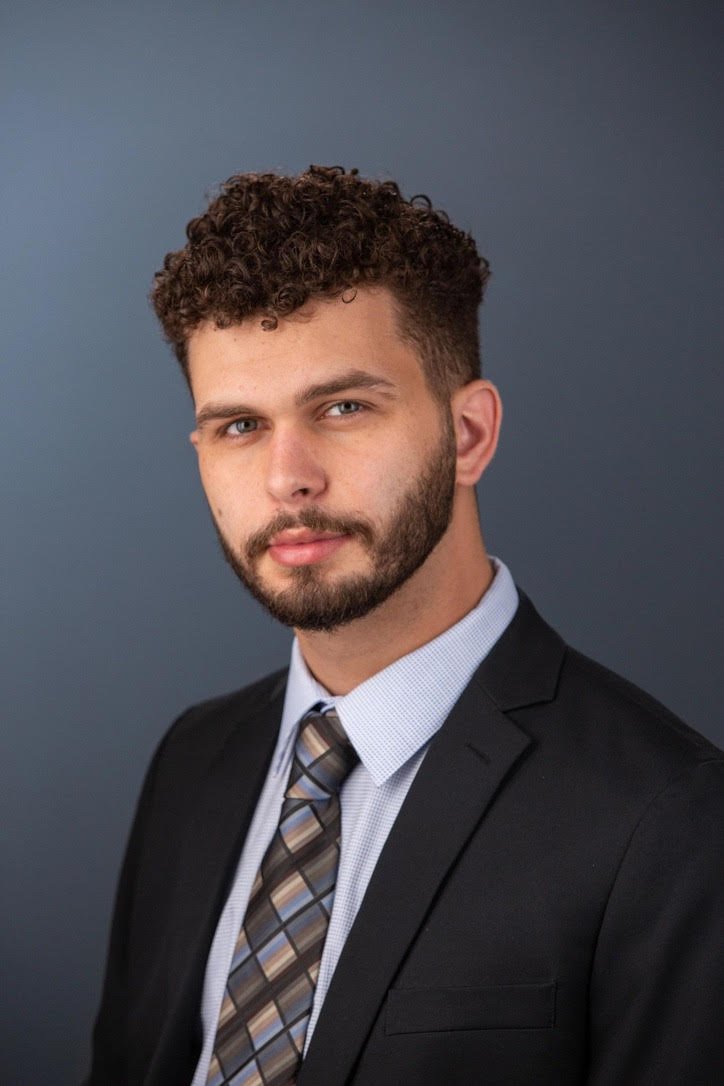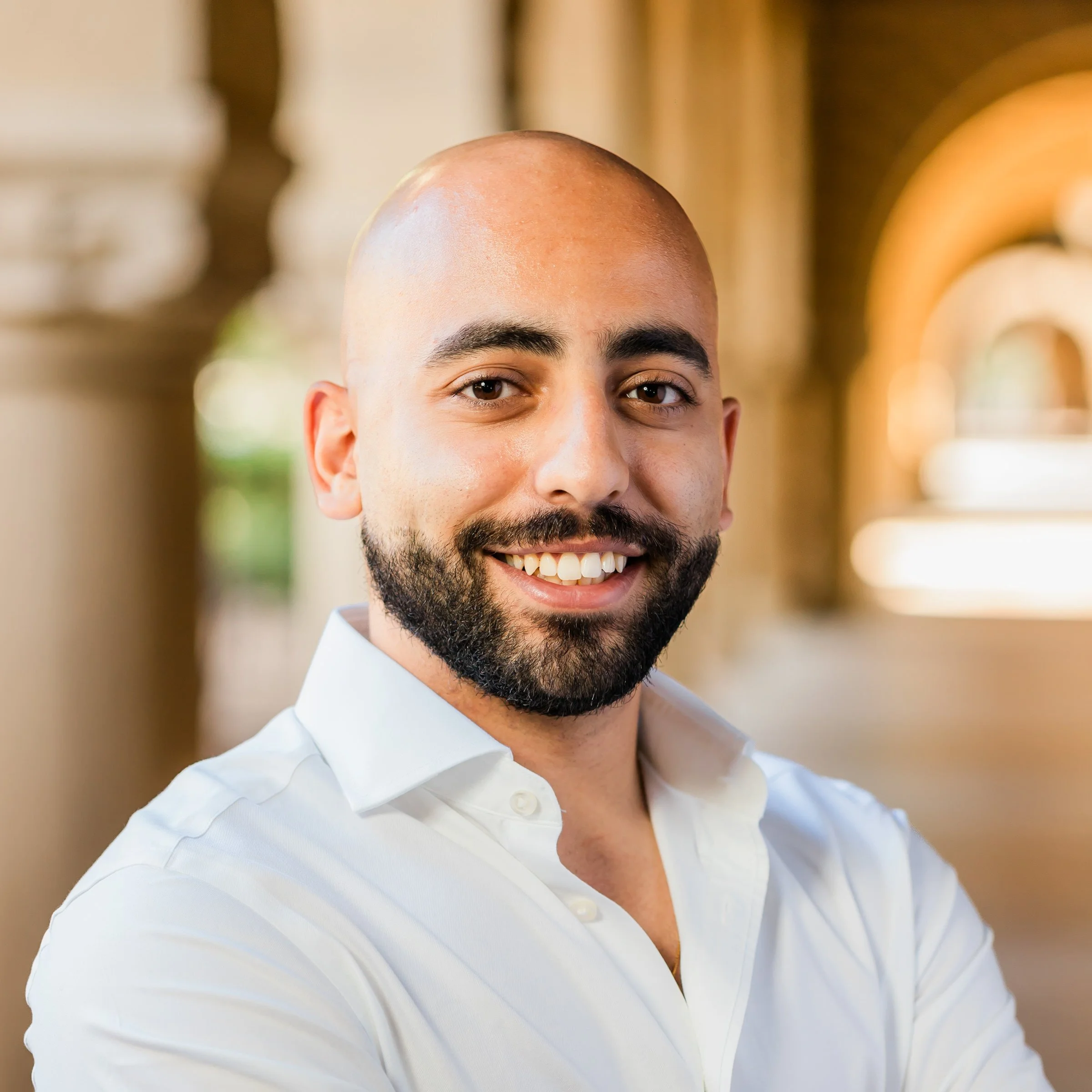
Board Members
The Macro Energy Systems Society is now an officially incorporated non-profit! We welcome our first official board members.
The board directs the overarching mission and strategy of the society, plans MES events and workshops, and fosters the development
of this community, with support from our annual fellows. For more information on how board members are elected, please view our bylaws.
We also thank the members of the former MES leadership for their service!
-
Anthony Cheng is a PhD candidate in the Engineering and Public Policy (EPP) Department of Carnegie Mellon University (CMU) under the direction of Dr. Erica Fuchs, Dr. Valerie Karplus, and Dr. Jeremy Michalek. As a National Science Foundation Graduate Research Program Fellow, he is studying innovations in electric vehicle battery materials and manufacturing, and subsequent effects on supply chains, national security, and technology trajectories. He graduated from MIT with an S.B. in Materials Science and Engineering (with a focus on Entrepreneurship and Materials Commercialization), and a double minor in Computer Science and Energy Studies. He has previously worked in numerous roles at the intersection of startups and cleantech in both business and engineering roles, in addition to research experiences at the MIT Media Lab, CSAIL, Energy Initiative, and as an MIT Eloranta Fellow.
-
Dr. Jacqueline A. Dowling (Jackie) models energy systems to guide the global transition to clean energy. She is an assistant professor of Civil and Environmental Engineering at the University of Iowa, where her research program analyzes natural resource constraints, guides technology innovation, and targets decarbonization solutions. Jackie integrates weather data into macro-energy system models to inform reliable infrastructure planning and technology development. Recent focus areas include long-duration energy storage and clean heat. Her dissertation combined techno-economic analysis with materials chemistry to assess the value of diverse energy storage and conversion technologies in wind- and solar-based electricity systems. Jackie earned a PhD in Chemistry with a minor in Environmental Science and Engineering from Caltech and was a Stanford Energy Postdoctoral Fellow. Her research on long-duration energy storage has been cited by major utilities and in decarbonization plans at the international, national, and state levels.
-
Prof. Amro M. Farid is the Alexander Crombie Humphreys Chair Professor in Economics of Engineering at the School of Systems and Enterprises at the Stevens Institute of Technology. He is also the Principal Systems Scientist for CSIRO’s Smart Energy Mission, a Visiting Scientist at MIT Mechanical Engineering, and CEO of Engineering Systems Analytics LLC. At Stevens, he leads the Laboratory for Intelligent Integrated Networks of Engineering Systems (LIINES) and has authored over 150 peer reviewed publications in Smart Power Grids, Hydrogen-Energy-Water Nexus , Electrified Transportation Systems, Industrial Production & Supply Chain Energy Management, Smart Cities, Regions, & Nations.
-
Wilson Ricks is a Postdoctoral Fellow in Princeton University's Mechanical and Aerospace Engineering program, and a former Macro-Energy Systems Fellow. His research focuses on the use of optimization modeling tools to evaluate the impacts of policies and technologies on the decarbonization of energy systems. Current areas of focus include next-generation geothermal technologies and Scope 2 emissions accounting.
-
Edgar Virgüez is a Research Engineer in Stanford University’s Department of Energy Science & Engineering, where he works on sustainable, low-carbon energy systems. His research has produced more than 20 publications with over 800 citations in leading journals. Globally, he serves as an expert reviewer for the Earthshot Prize, the International Energy Agency, and Schmidt Sciences. Recognized with the AGU Science for Solutions Award (2025), which honors significant contributions in applying Earth and space sciences to societal challenges, he is also an award-winning educator, author, and trustee whose leadership bridges technology, policy, and sustainability.
-
Erin Baker is Associate Dean of College of Engineering and Professor and Director of Wind Energy IGERT at the University of Massachusetts Amherst. She examines combining operations research methods and economics to decision making under uncertainty applied to the field of energy and the environment, with a focus on publicly funded energy technology Research and Development portfolios in the face of climate change. Other topics include evaluating the sustainability of the electricity grid in New England as well as in developing countries and evaluating the environmental costs and benefits of offshore wind energy. She has been honored with the Energy, Environment, and Natural Resources Best Publication in Sustainability and the Armstrong Professional Development Professorship. Baker received her B.S. in Applied Mathematics from U.C. Berkeley and both her M.S. and Ph.D in in Engineering Economic Syste
-
Morgan Edwards is an Assistant Professor at the La Follette School of Public Affairs at the University of Wisconsin—Madison and affiliated faculty with the Nelson Institute Center for Sustainability and the Global Environment. Her research models the role of technology in addressing the threat of climate change and assesses policies to accelerate equitable energy transitions. Current projects focus on topics such as the role of carbon dioxide removal in meeting net zero emissions targets and the equity impacts of building electrification policies. Professor Edwards holds a PhD in Engineering Systems from the Massachusetts Institute of Technology (MIT), a SM in Technology and Policy from MIT, and a BS in Environmental Science and Economics from the University of North Carolina at Chapel Hill. Prior to coming to Madison, she was a President’s Postdoctoral Fellow at the Center for Global Sustainability at the University of Maryland.
-
Dr. Benjamin D. Leibowicz is an Associate Professor at The University of Texas at Austin, where he holds the endowed Banks McLaurin Fellowship in Engineering. His primary appointment is in the Operations Research and Industrial Engineering graduate program, and he also holds a courtesy appointment in the Lyndon B. Johnson School of Public Affairs. In his research, Dr. Leibowicz develops mathematical models and methods to improve decision-making on energy and environmental policy and strategy. He approaches these topics from an interdisciplinary perspective that combine methods from optimization, systems analysis, economic modeling, game theory, and stochastic control. Prior to joining UT Austin, Dr. Leibowicz received both PhD and MS degrees in Management Science and Engineering from Stanford University, and earned a BA in Physics with a minor in Economics from Harvard University.
-
Lane D. Smith is a postdoctoral scholar working with the Climate and Energy Policy Program at Stanford University. His research interests include energy policy, electricity rate design, energy affordability, and macro-energy systems (with a particular focus on the electric grid). Lane holds a Ph.D. and M.S. in Electrical Engineering from the University of Washington (2024 and 2019, respectively) and a B.S. in Electrical Engineering from the University of Denver (2018).
-
Micah S. Ziegler is an assistant professor in the School of Chemical and Biomolecular Engineering and the School of Public Policy at the Georgia Institute of Technology. Micah evaluates sustainable energy and chemical technologies, their impact, and their potential. His research helps to shape robust strategies to accelerate the improvement and deployment of technologies that can enable a global transition to sustainable and equitable energy systems. His work informs research and development, public policy, and financial investment. Micah conducted postdoctoral research in energy systems at the Massachusetts Institute of Technology. He earned a Ph.D. in Chemistry from the University of California, Berkeley and a B.S. in Chemistry from Yale University. In addition, he worked in the Climate and Energy Program at the World Resources Institute and was a Luce Scholar assigned to the Business Environment Council in Hong Kong.
2025-2026 MES Fellows
-

Melek Ben-Ayed
Melek Ben-Ayed is a PhD student in the Grid Integration and Decarbonization Laboratory (GrID Lab) within the Center for Energy Research at UC San Diego. His research focuses on advancing energy system decarbonization through optimization and modeling, integrating capacity expansion models with air-quality and energy-justice analysis. During Summers 2024 and 2025, Melek interned at Lawrence Livermore National Laboratory, developing optimization models for optimal placement of distributed energy resources (DERs) to improve grid resilience. Beyond research, Melek is passionate about fostering inclusive academic communities. He serves as President of UCSD’s Mechanical and Aerospace Engineering Graduate Student Council and helps organize UCSD’s Power and Energy Systems (PES) Community Talks.
-

Carla Campos Morales
Carla Campos Morales is a Ph.D. candidate in Environmental Engineering at Pennsylvania State University and a trailing doctoral student at Princeton University’s School of Public and International Affairs. Her research focuses on developing integrated strategies that connect energy, climate, air quality, and public health decision-making to advance deep decarbonization. Her current work includes examining how near-term policy and technology choices shape future decarbonization, innovation, and societal benefits across clean energy pathways such as electrification, bioenergy, and carbon removal, and assessing fine-scale pollution and health impacts of power system transitions in the U.S. Western Interconnection. She holds a master’s degree in International Affairs & Energy Policy from Penn State and has prior experience working in consulting and government institutions. She has also collaborated with the Center for Global Sustainability at the University of Maryland on quantifying the economic and health implications of clean energy policy transitions for U.S. communities.
-

Megan Jones
Megan Jones is a PhD student in Michael Craig’s ASSET lab at the University of Michigan working on climate change mitigation and adaptation research in the energy systems space. Her research centers around assessing climate impacts on the bulk power system and the effects of these impacts on long-term planning decisions. She grew up in Santa Rosa, California and did undergrad at UCLA, where she majored in mechanical engineering and physics. While at UCLA, she co-founded a sustainability club, SAGE, and worked as an intern at Lawrence Livermore National Laboratory on climate impacts on infrastructure asset lifetimes and on databasing, charging optimization, and phase-in optimization for the transition of the federal vehicle fleet to zero emissions vehicles. She’s passionate about effective research communication and aspires to be a teacher and researcher.
-

Dimitri Saad
Dimitri Saad is a PhD candidate in the Energy Science & Engineering department at Stanford University. His research interests center on technoeconomic and life cycle assessments, industrial sector decarbonization, and energy transition pathways (using tools such as sector-coupled capacity expansion models). Dimitri holds a M.Sc. in Process Engineering from ETH Zürich and a B.E. in Mechanical Engineering with a minor in Chemical Engineering from the American University of Beirut.

Advisory Committee
The Macro Energy Systems advisory committee advises the board and provides additional support where necessary.
We also thank the members of the former MES leadership for their service!
-
Jesse Jenkins is an assistant professor at Princeton University with a joint appointment in the Department of Mechanical and Aerospace Engineering and the Andlinger Center for Energy and Environment. He is also an affiliated faculty with the Center for Policy Research in Energy and Environment at the Princeton School of Public and International Affairs and an associated faculty at the Princeton Environmental Institute. Jesse is a macro-scale energy systems engineer with a focus on the rapidly evolving electricity sector, including the transition to zero-carbon resources, the proliferation of distributed energy resources, and the role of electricity in economy-wide decarbonization. Jesse completed a PhD in Engineering Systems (’18) and MS in Technology and Policy (’14) at the Massachusetts Institute of Technology and a BS in Computer and Information Science (’06) at the University of Oregon.
-
Dr. Jeremiah Johnson is an Associate Professor at North Carolina State University’s Civil, Construction and Environmental Engineering department. He joined NCSU in 2017, as a part of the Chancellor’s Faculty Excellence Program cluster hire in Sustainable Energy Systems and Policy and currently serves as the Senior Faculty Fellow for KIETS Climate Leaders Program. Dr. Johnson is also a faculty advisor for the NC State Sustainability Fund and member of the university’s Sustainability Council. His research evaluates the environmental impacts of emerging technologies and changes to infrastructure systems, using system modeling and experimental approaches in collaborative and interdisciplinary teams. Example projects include conducting life cycle assessment of sedimentary basin CO2-enabled geothermal power, integrating human health considerations into power system operations, and developing open-source energy system models to analyze decarbonization pathway. His research is supported by the National Science Foundation, the Sloan Foundation, and the Department of Energy, among other sources. Dr. Johnson teaches courses on sustainable infrastructure systems, renewable energy generation, and life cycle assessment and, in 2023, he received NC State’s university-wide Outstanding Teaching Award and was inducted into the university’s Academy of Outstanding Teachers.
Dr. Johnson earned a B.S. in Chemical Engineering from Clarkson University and a PhD in Environmental Engineering from Yale University. Upon completion of his graduate studies, he spent several years working in the energy industry, advising utility executives on renewable energy strategy. He then returned to academia as a Research Scientist and Assistant Professor at University of Michigan’s School for Environment & Sustainability. In his free time, he enjoys traveling, running, hiking, and spending time with his family.
-
John Weyant is Professor of Management Science and Engineering, Director of the Energy Modeling Forum, a Senior Fellow of the Precourt Institute for Energy and an affiliated faculty member of the Stanford School of Earth, Environment and Energy Sciences, the Woods Institute for the Environment, and the Freeman-Spogli Institute for International Studies at Stanford. His current research focuses on analysis of multi-sector, multi-region coupled human and earth systems dynamics, global change systems analysis, energy technology assessment, and models for strategic planning. Weyant was a founder and serves as chairman of the Integrated Assessment Modeling Consortium, a thirteen year old collaboratory with over 60 member institutions from around the world. He has been an active adviser to the United Nations, the European Commission, U.S. Department of Energy, the U.S. Department of State, and the Environmental Protection Agency. In California, he has been and adviser to the California Air Resources, the California Energy Commission and the California Public Utilities Commission.
-
Jessica Jewell is an Associate Professor in Energy Transitions at the Department of Space, Earth and Environment at Chalmers University and the Centre for Climate and Energy Transformation at the University of Bergen. Her research focuses on the feasibility of climate action and quantifying the dynamics and mechanisms of energy transitions using a variety of disciplinary approaches and methods. She is a recipient of a European Research Council's Starting Grant as well as the Principal Investigator of a project funded by the Norwegian Research Council and a leader of work packages in collaborative research projects supported by European and Swedish funding agencies.
-
Patricia Levi was the Chair of the Macro-Energy Systems Workshop Steering Committee. She completed her PhD in 2021 in the energy and environment track at the Stanford University department of Management Science and Engineering. Levi was the lead author on “Macro-Energy Systems: Toward a New Discipline,” a paper published in Joule last fall that ultimately inspired this workshop. She was advised by Prof. John Weyant, and her research uses tools from economics and operations research to improve policy and reduce environmental impacts in the electricity sector.


















